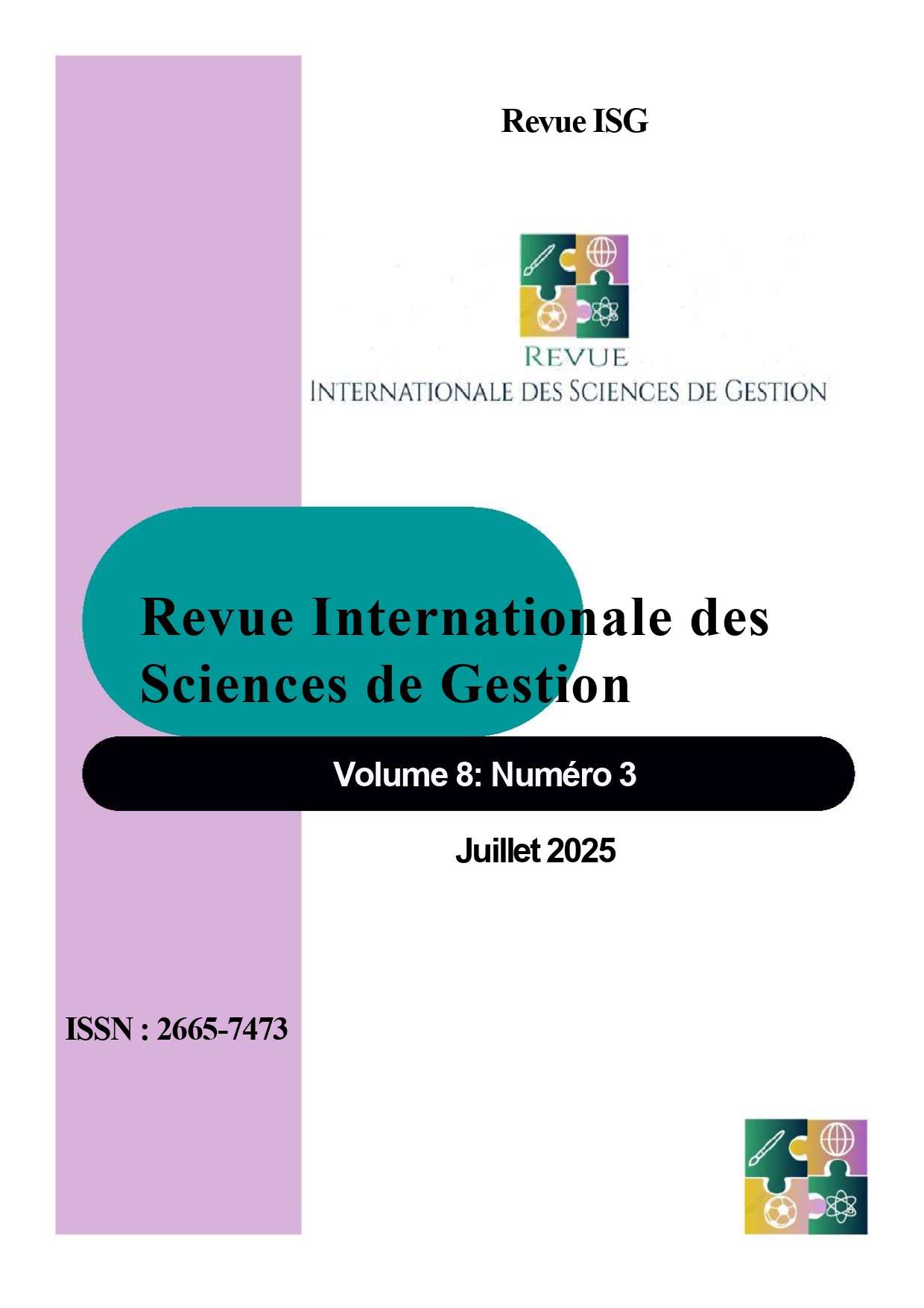Emotional intelligence and turnover intention: the differentiated role of job satisfaction and affective organizational commitment
Keywords:
Emotional intelligence, turnover intention, affective commitment, job satisfaction, parallel mediationAbstract
With an emphasis on finding explanatory mechanisms using a parallel mediation model, this study investigates the relationship between emotional intelligence (EI) and turnover intention among Tunisian employees. Based on a quantitative survey with 121 participants and analyzed with Hayes' (2018) PROCESS macro in SPSS, the model includes affective organizational commitment and job satisfaction as concurrent mediators. The results show partial mediation, with job satisfaction playing a supporting but important role and affective commitment acting as the main pathway through which EI influences turnover intention. With its foundations in social exchange theory, self-determination theory, and conservation of resources theory (COR), theoretical framing provides a comprehensive lens through which to view emotional dynamics in Arab-African workplaces. By promoting emotional intelligence as a tactical tool for retaining talent, this study fills a gap in culturally contextualized research and adds to the body of knowledge in HRM worldwide. Particularly in developing economic environments, useful suggestions are made to help organizations create emotionally intelligent workplace cultures that improve affective ties and reduce voluntary turnover.
Downloads
Downloads
Published
How to Cite
Issue
Section
License
Copyright (c) 2025 Ines BOUSSEDRA

This work is licensed under a Creative Commons Attribution-NonCommercial 4.0 International License.


















